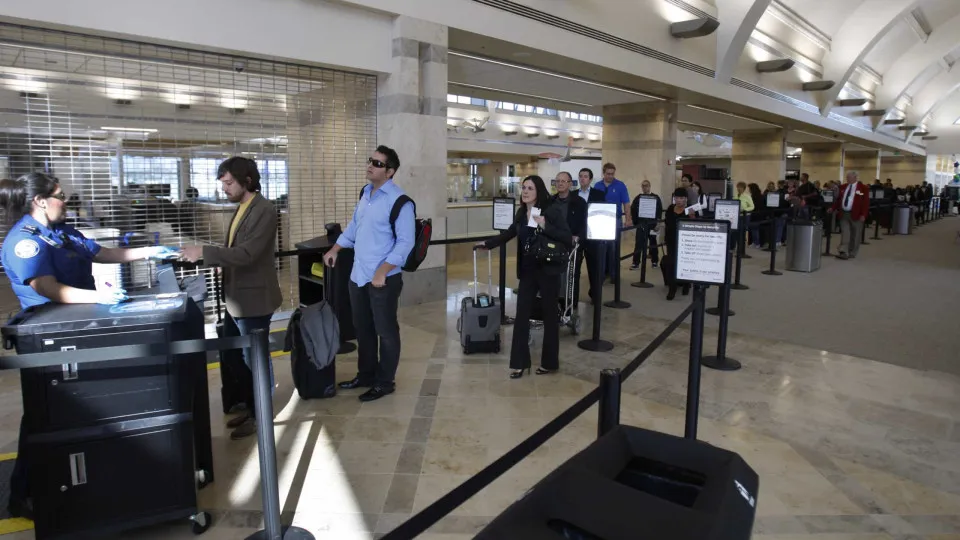
The current “Programa Regressar” offers financial aid to emigrants and their families who start working in mainland Portugal, along with additional support for expenses related to their return and that of their family.
A recent document states the government’s acknowledgment of the diaspora as “a strategic pillar of national foreign policy” and its intention to continue strengthening its engagement with Portuguese communities abroad, including through visits.
The accompanying report for the OE2026 proposal outlines measures organized into three areas: coordination of the external network, modernization of its operations, and investment in its consolidation and expansion.
“These actions aim not only to deepen the connection between the state and Portuguese abroad but also to encourage their contribution to the country’s development, boost diaspora investment, promote the teaching of Portuguese abroad, and ensure consular services that are closer, more accessible, and effective,” the document reads.
The government, led by Luís Montenegro, commits to “expanding the Support Offices for Emigrants and promoting Diaspora Councils within municipalities, as well as enhancing collaboration with services under the Azorean and Madeiran regional governments.”
There are plans to “support the dissemination and simplification of investment in Portugal” and “improve the Diaspora Investor Support Office and the National Support Plan for Diaspora Investors, focusing on mobilizing investors and economic agents of the diaspora and the Lusophone space.”
The government intends to “simplify and modernize consular support procedures,” adjusting “consular posts and the scheduling model to meet the needs of Portuguese communities worldwide, leveraging the potential of the Virtual Consulate, digital mobile key, and consular residencies.”
By 2026, there is a commitment to enhance the organizational law and statute of the Instituto Camões, as well as the legal regime for Portuguese Language Education Abroad (EPE).
“The role of the diaspora and Portuguese communities in this ambition is essential, as promoters of the Portuguese language and culture internationally,” it continues.
The government commits to continuing “the ongoing work of promoting international recognition of the Portuguese language through a strategy aligned with the CPLP, aiming for Portuguese to be recognized as an official language of the United Nations (UN) by 2030.”
Investments will be made in the external network’s infrastructure and human resource development, particularly reviewing allowances for staff working abroad.
Forecasts include the continued establishment of the Consulate-General in Andorra and initiating the establishment of a Portuguese Embassy in Hanoi (chancellery and residence).
In terms of property transactions, the acquisition of properties for the Portuguese Embassy in Rome, the chancellery and residence of the Portuguese Embassy in London, and the residence of the Portuguese Embassy in Luanda are in progress.
On the other hand, the sale of the Portuguese Consulate-General’s facilities in Rio de Janeiro and Strasbourg (France) is underway.
The Foreign Ministry’s projects include completing construction and equipping new facilities for the Portuguese Consulate-General in Benguela (Angola).
Ongoing structural rehabilitation is planned for the Portuguese Consulate-General in Macau, works at the Portuguese Embassy in Washington, and the requalification of the former chancery building of the Portuguese Embassy in Madrid, as well as the rehabilitation of the Portuguese Embassy’s facilities in São Tomé and Príncipe.
Further requalification of the former chancery of the Portuguese Embassy in Dublin, the facilities of the Portuguese Consulate-General in Barcelona (Spain), and the residence and chancellery of the Portuguese Consulate-General in Beira (Mozambique) are also anticipated, alongside the rehabilitation of buildings of the Portuguese Embassy in Bissau.
Security measures and general equipping of state residences abroad will continue, along with “maintaining and replacing equipment in the external network, including biometric data reading equipment, and planning minor improvements and unplanned repairs at various consular posts.”
In Lisbon, renovations are planned in several areas at the Convento and Palácio das Necessidades and Palácio da Cova da Moura, aiming to reorganize and redistribute various internal services and the representation of the Community of Portuguese Language Countries (CPLP), which in 2026 marks its 30th anniversary.




